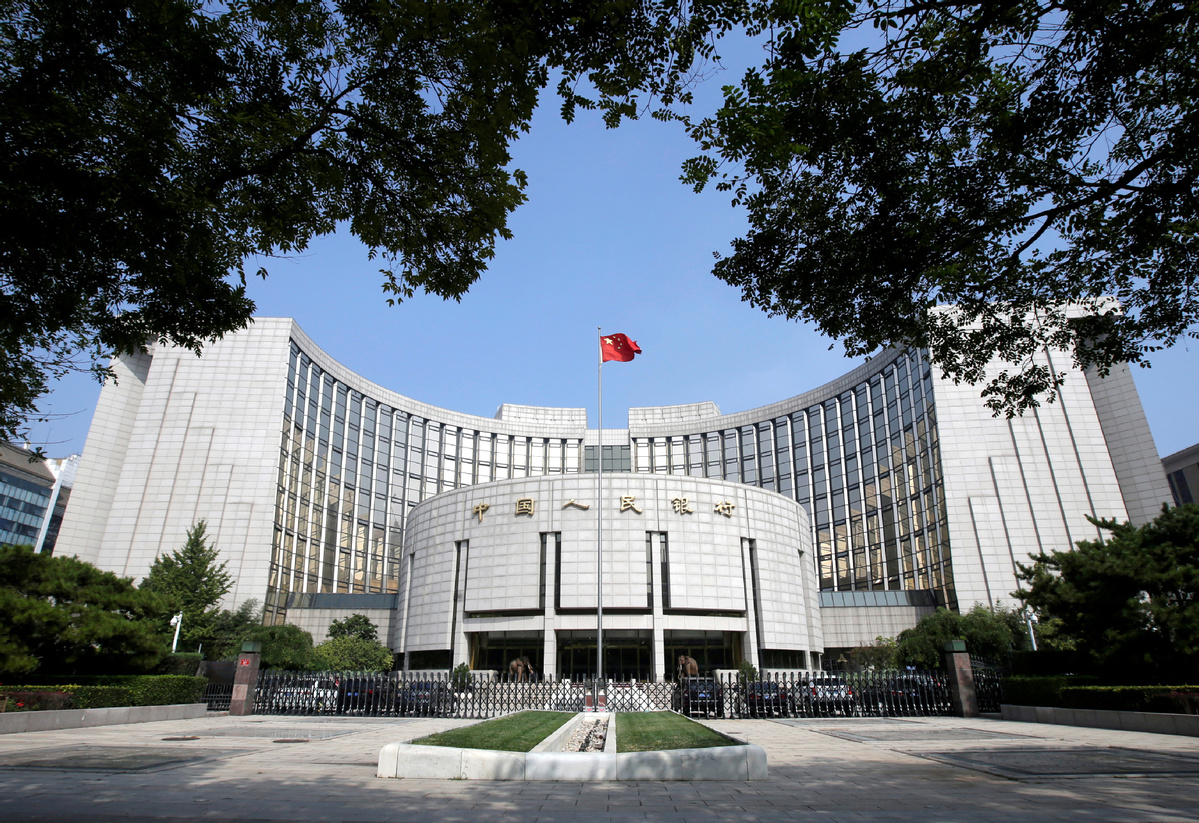Liquidity to be kept at reasonable level, says PBOC
By Chen Jia | China Daily | Updated: 2020-06-19 09:22

Monetary authorities in China would use conventional policy tools to support the corporate sector and avoid the side-effects of the aggressive financial stimulus measures implemented to cushion the effect of the novel coronavirus pandemic.
Speaking at the 12th Lujiazui Forum in Shanghai, Yi Gang, governor of the People's Bank of China, the central bank, said that China will maintain liquidity at a reasonably ample level in the second half of this year and further reduce the market interest rates to spur credit for businesses.
"But we need to pay attention to the side effects of financial policies and prevent any effect from the COVID-19 pandemic," he said. "The total financial support measures should be appropriate, but it is also necessary to consider in advance a good timing for an exit of the policy tools."
At the same forum, Guo Shuqing, Party secretary of the PBOC, said China will not monetize the fiscal deficit or drop interest rates to a negative level. It will also avoid the "flood irrigation type" of monetary easing.
Since it may take a long time to fully control the COVID-19 pandemic, many countries and regions are continually planning to introduce new measures for economic recovery. Chinese officials have suggested the need to keep adequate policy space for the future as the marginal effect of the stimulus is weakening.
Guo said that if the US Federal Reserve puts too much consideration on the "internal scenario" when making policies, it may hurt the global financial stability and lower the creditworthiness of the US dollar.
On Wednesday, the State Council, China's Cabinet, held an executive meeting that pledged to use reserve requirement ratio cuts and the PBOC's relending facility to maintain adequate liquidity conditions. It also vowed to help small and medium-sized banks add equity capital, guide down lending rates, bond yields and financing costs.
Analysts said that it is unusual for high-level policymakers to directly request lowering financing costs, as the government is accelerating bond issuances while bond yields are rising steadily.
The Ministry of Finance set the coupon rates for the five-year and seven-year special treasuries for COVID-19 control at 2.41 percent and 2.71 percent, respectively, lower than expected.
"An RRR cut is likely to come shortly, perhaps even this weekend," said Lu Ting, chief economist in China with Nomura Securities. "The PBOC is likely to cut the medium-term lending facility rate by 10 basis points or even higher to guide down the loan prime rate."
The State Council meeting urged financial institutions to convey 1.5 trillion yuan ($211 billion) of profits to companies and boost cheaper loans to cushion the effect of the COVID-19 pandemic.
To achieve this target, financial institutions could cut interest rates, use the monetary policy tools which directly support credit, and reduce some service fees, Yi said at the forum.
For the whole year, new yuan loans are expected to increase by 20 trillion yuan, and the growth of aggregate financing will exceed 30 trillion yuan, said the PBOC governor.
The policy to convey banks' profits might be positive for markets and the economy first, but could backfire later if the nonperforming loans rise too fast, according to analysts.
Central bank officials also mentioned on Thursday that as an international financial hub, Shanghai can take a step further to free the usage of the renminbi and achieve convertibility of the capital account."As long as it meets the regulatory requirements of anti-money laundering, anti-terrorist financing and anti-tax evasion, capital for normal trade and investment can freely float both in and out (of Shanghai)," Yi said.
Pan Gongsheng, deputy governor of the PBOC, said that more measures will be released to accelerate financial opening up, such as expanding the scale of the qualified foreign limited partner and qualified domestic limited partner schemes, exploring private equity funds' cross-border business and supporting Shanghai to become a crucial international wealth management market.
























